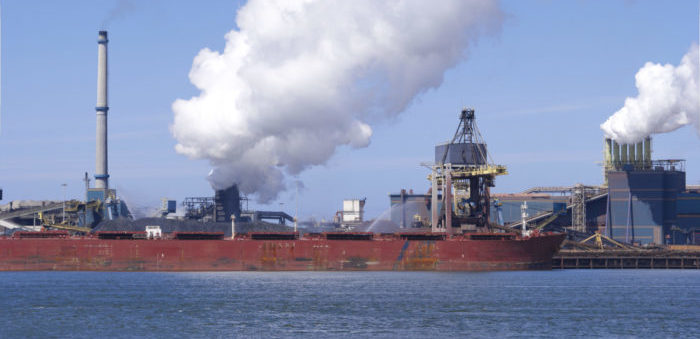A consortium of British companies, academia and government, have formally established a new national centre for maritime innovation and technology (MarRI-UK). The centre is expected to provide a collaborative field for the maritime sector to address innovation and technology challenges. The first area of collaborative focus is Clean Maritime.
The centre will focus on research and innovation within a medium Technology Readiness Level (TRL 3 – 7), to address the opportunities between “discovery and research” and “commercialisation” of maritime technologies and systems.
A maritime sector strengthened by MarRI-UK will help the coordination of research across the maritime sector by giving an understanding of commercial opportunities aligned to a shared roadmap. This will underpin government initiatives and investment and support the wider prosperity agenda linked to innovation,
…Maritime UK explained.
Eight maritime companies (Babcock, BAE Systems, BMT Group, Cammell Laird, Lloyd’s Register, QinetiQ, Rolls-Royce and Shell),supported by the Society of Maritime Industries, and four universities (Newcastle, Southampton, Strathclyde and UCL) have been working to develop MarRI-UK since 2013.
In March 2019, the initiative gained government recognition when the Department for Transport, alongside investment from Babcock and BMT, agreed to fund the establishment of MarRI-UK.
MarRI-UK is now launching a £1M competition for innovative ways to reduce maritime emissions on behalf of the UK Department of Transport.
Maritime Minister, Nusrat Ghani announced the competition Thursday in London, as part of The Clean Maritime Plan, an ambitious plan set out by the Minister to cut pollution from the country’s maritime sector.
The centre is based at the University of Strathclyde, with hubs to be announced across the UK. Membership will be opened to all UK industries of different sizes from August.
The Clean Maritime Plan is an important step towards achieving a zero-emission future for the UK. Getting to net zero will not be easy, but it will present significant opportunities as well as the obvious challenges for all parts of our £40bn maritime sector. Maritime is already the greenest way of moving freight, but we can and must do more to reduce emissions. The good news is that the UK is well-placed to not only decarbonise our own economy, but also to share our expertise and capability with the rest of the world as they, too, embark on this most global of missions.
…Sarah Kenny, Vice Chair of Maritime UK and CEO of BMT, said.






























































